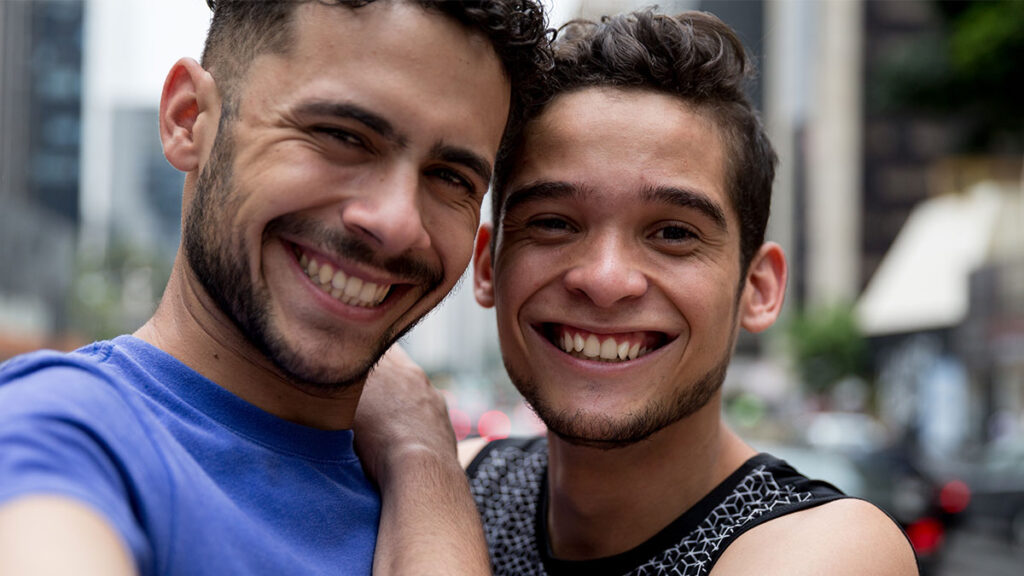From Bolsonaro to Lula: What’s Next for the LGBTQ+ Community and Tourism in Brazil?
New hope and potential change are on the horizon for LGBTQ+ people in Brazil as President-Elect Luiz Ignacio Lula takes the reigns to lead the country on January 1. It’s the culmination of President Jair Bolsonaro’s tenure and four years of his anti-LGBTQ+ sentiment and rhetoric. Will Brazil actively court queer travelers via marketing campaigns again and what lies ahead for local LGBTQ+ communities under the Lula Administration?
Brazil has some of the world’s best LGBTQ+-friendly vacation hotspots from Rio de Janeiro’s gay-friendly neighborhoods (Copacabana, Ipanema, and Leblon) to a well-known queer nudist beach in Florianopolis. With the transition in political power, Brazil may re-emerge as an LGBTQ+ travel destination will President Lula leading the country starting next month. The past four years have been quite different under outdoing Jair Bolsonaro’s right-wing agenda, which included actively ignoring gay tourism in the country, according to The Brazilian Report.
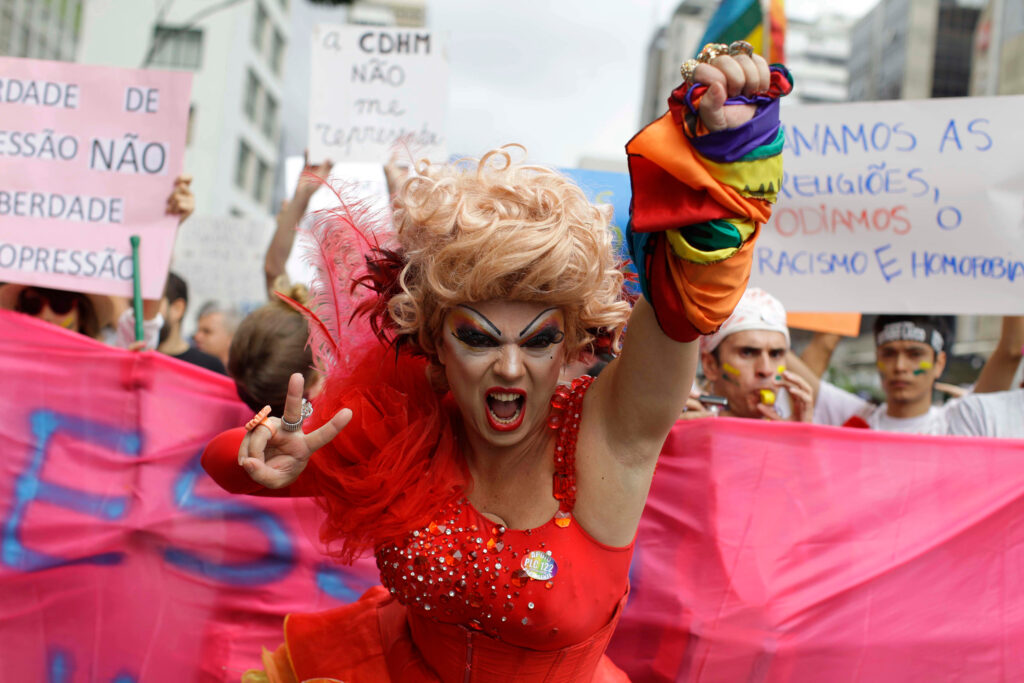
No doubt that the federal government’s decision to curb LGBTQ+ tourism was due in part to Bolosonaro’s inflammatory comments made shortly after he took office as Brazil’s President in 2019. “Brazil cannot be a country of the gay world, of gay tourism, we have families here,” the Chief Executive told Metrópoles. “Whoever wants to come here to have sex with a woman, be my guest. Now, we can’t become known as a paradise for the gay world.”
Sebrae, a small business support association, released a study in 2019 that highlights Brazil as the Latin American country with the largest capacity for growth in the LGBTQ+ tourism sector. And as mentioned before, the country continues to score high marks among gay travelers for popular welcoming cities and attractions, including beaches. For example, in a GayCities’ survey, Rio’s Farme Beach clinched the No. 2 spot for “Best Gay Beach” in the world with 50,000 votes from the publication’s readers.

Soon after Bolsonaro became President, the government launched its 2019-2022 National Tourism Plan, which removed all mention of LGBTQ+ tourism. Reps at the LGBT Tourism and Commerce Chamber immediately noticed that previous efforts to promote the country as a leading gay tourism destination had been edited out of the plan.
“We’d signed an agreement with Embratur in mid-2018 for actions to promote LGBT tourism, and it only expires halfway through next year,” said Ricardo Gomes, head of the organization. “But since the beginning of the Bolsonaro government, nothing has been done.”

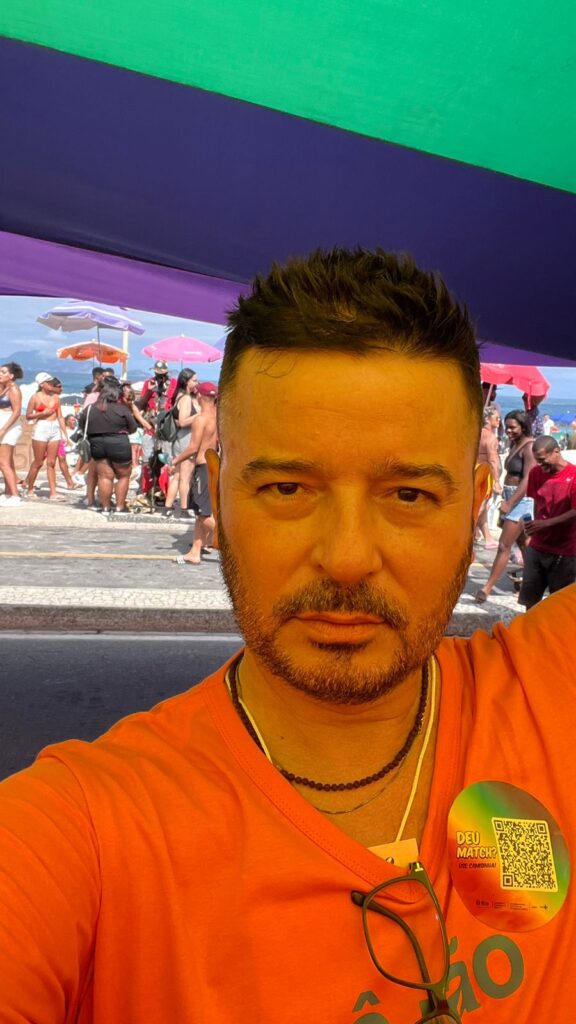
Vacationer wanted to talk to LGBTQ+ activists and community members about the political climate and how Bolsonaro’s rhetoric affected the local LGBTQ+ community and to gauge whether or not Brazil is still a safe place for LGBTQ+ travelers. Carlson Tufvesson, an LGBTQ+ activist for 30 years and Executive Coordinator for Sexual Diversity at Rio de Janeiro City Hall, explained the root issue when it comes to LGBTQ+ rights and acceptance in Brazil.
“We are a multicultural country but a very religious country, too. The former President used the religious issue to take civil rights from Brazilian citizens, despite our citizenship and the constitution,” said Tufvesson. “Unfortunately, religiosity has been used for political purposes in the previous election. Now, we hope we can find balance and unity for the country with the new government.”
And just as the US continues to see an increase in trans hate crimes, Brazil’s trans community has, unfortunately, experienced the same before or after Bolsonaro became the President. “During these four years of ‘Bolsonarism,’ I was afraid every day, even though I recognized the privilege of my social status, ‘whiteness,’ and personal strength,” said Andréa Brazil, the project manager and founder of the Capacitrans Network. The organization is designed to help LGBTIQAP+ Capacitrans enter the job market using an integrated socially inclusive network and training. In 2019, the Capacitrans Network was responsible for directly helping more than 50 transgender individuals graduate and get hired by reputable employers, such as Unilever.
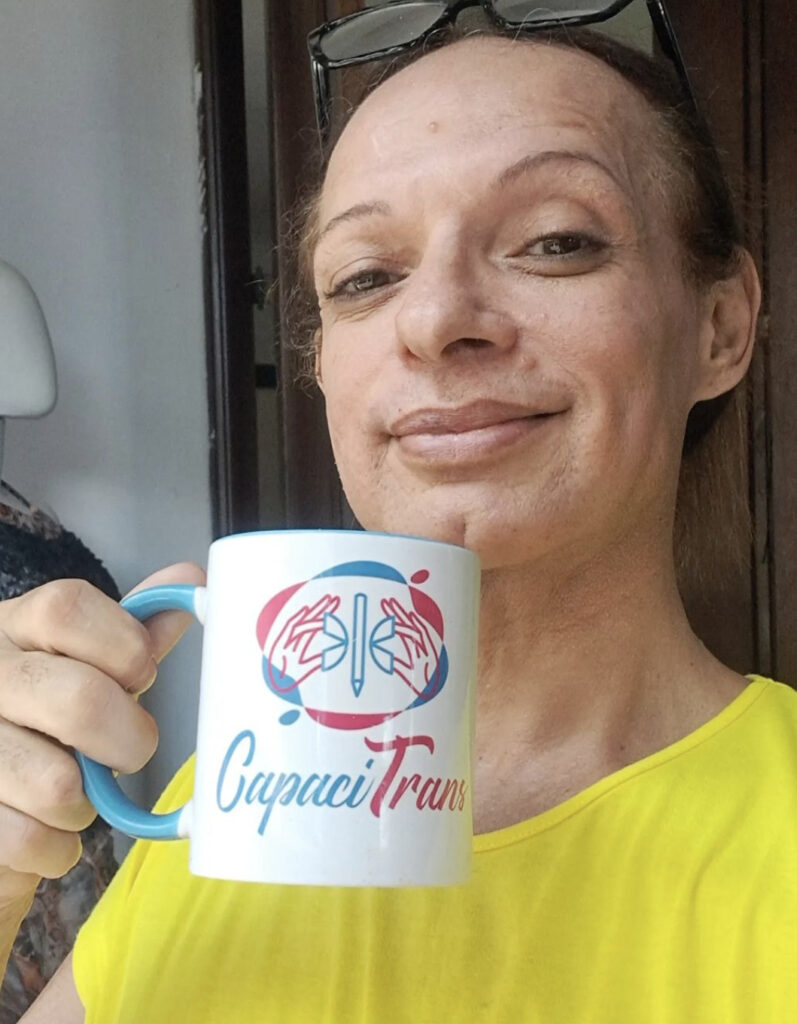
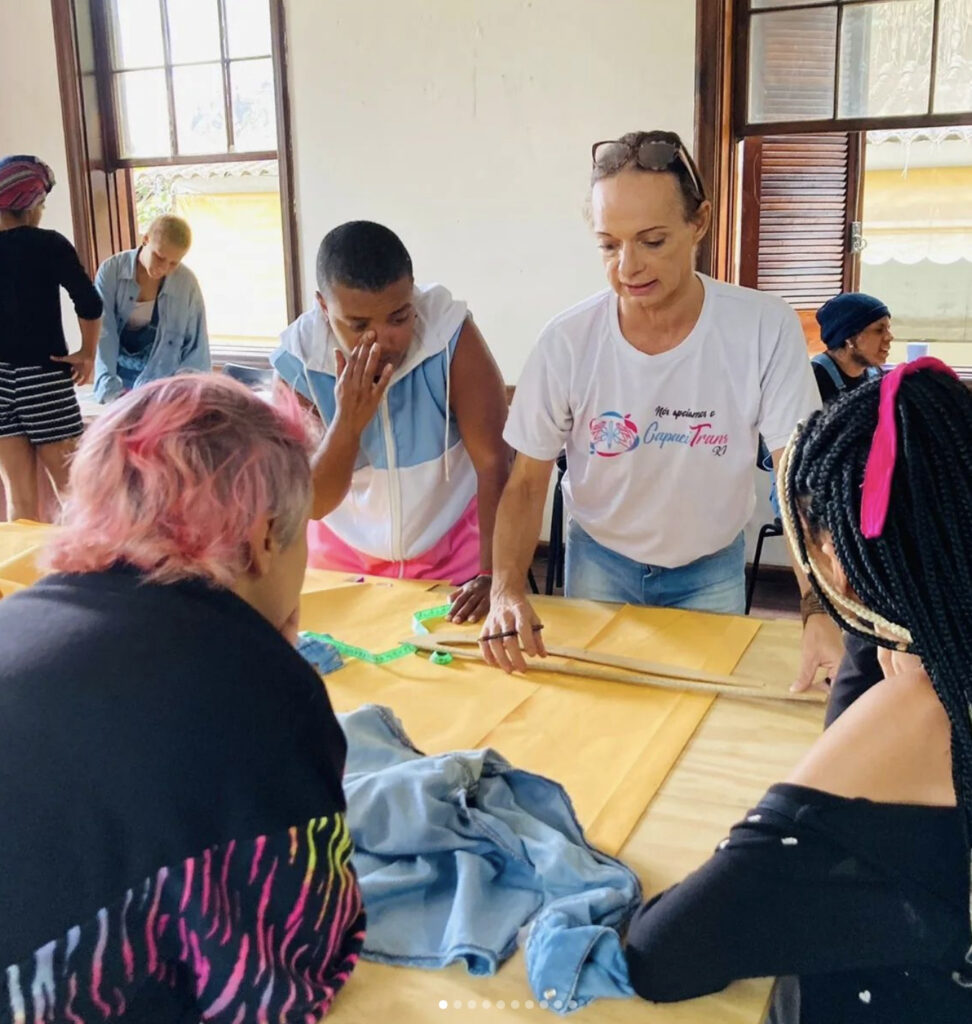
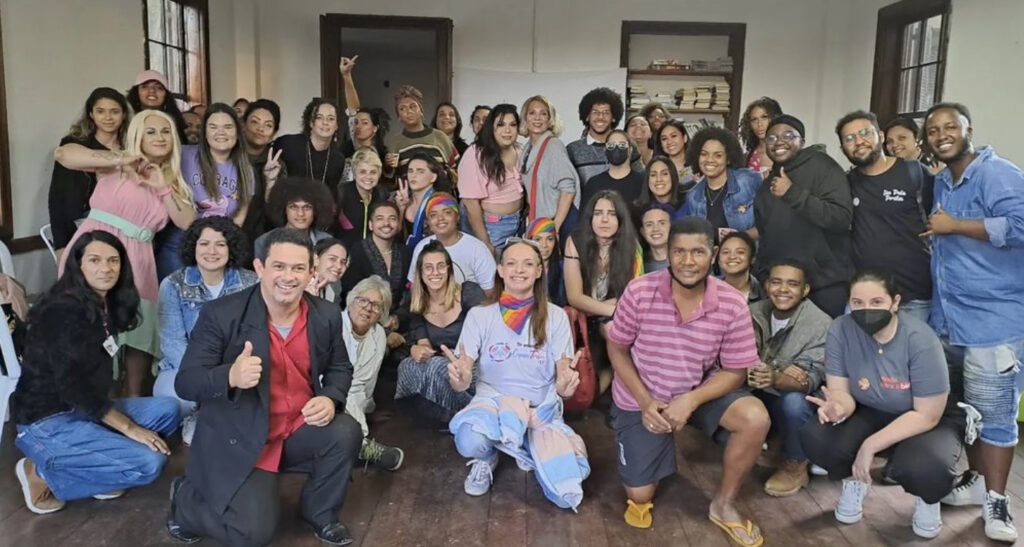
Andréa Brazil also told us that Bolsonaro’s anti-LGBTQ+ rhetoric “delegitimized and incited numerous violent attacks on some minorities,” which for some Americans sounds like familiar territory, drawing comparisons between Bolsonaro and former US President Donald Trump.
An activist for more than 20 years, Brazil, identifies as a travesti and has her own reasons why President (Luiz Ignacio Lula) will lead the country in a positive direction. “He’s a born leader, who came from and understands the workers’ struggles, and most important, he thinks about the inclusion of all.”
As travelers and members of the LGBTQ+ community, we hope the Lula Administration provides real action to help all Brazilians, including LGBTQ+ individuals, and that under his leadership, the federal government embraces the potential of LGBTQ+ tourism in its National Tourism Plan.

